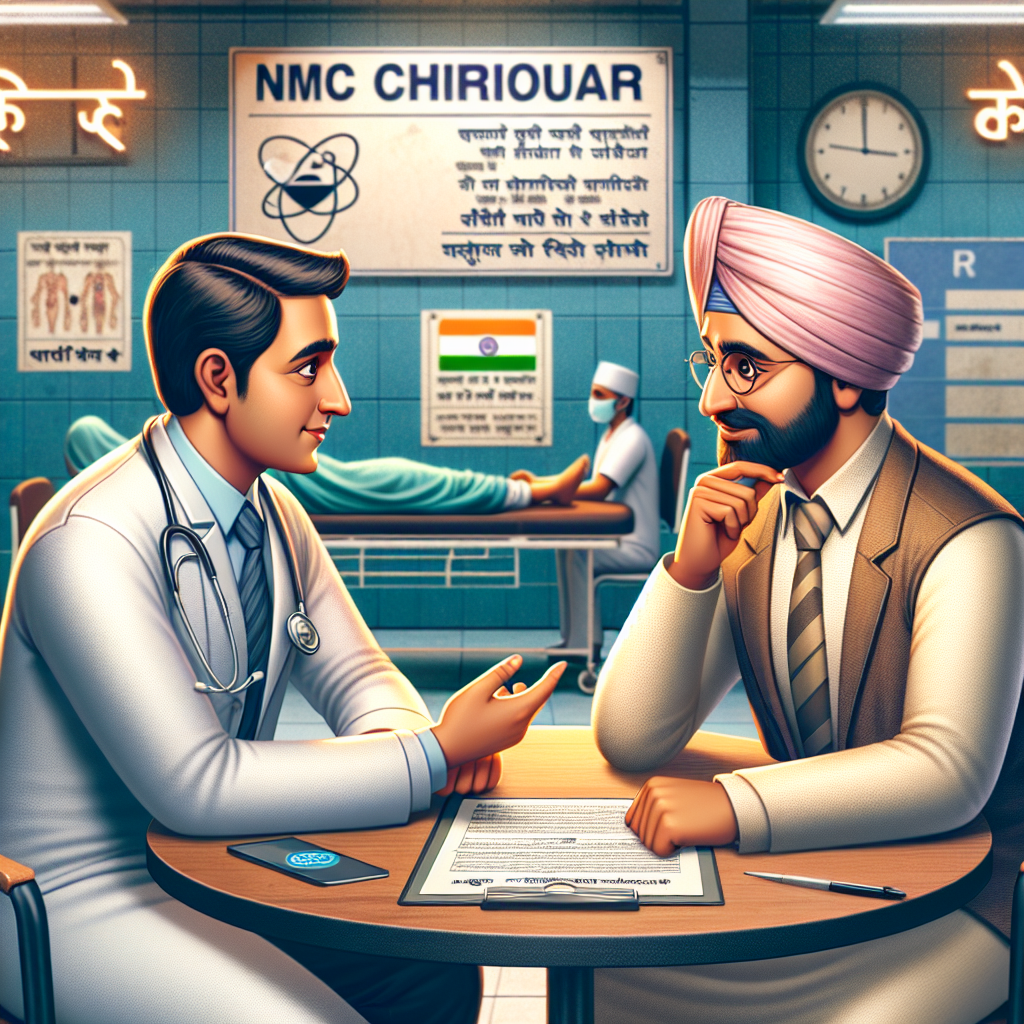Benefits of Rational Medicine Use for Policyholders

Understanding the Advantages of Rational Medicine Use
Rational use of medicines and diagnostics plays a pivotal role in enhancing the healthcare experience for policyholders. By ensuring that patients receive appropriate medications and tests, we can significantly lower out-of-pocket expenses and improve health outcomes.
Key Benefits
Lower Out-of-Pocket Expenses:
Policyholders benefit financially when medical care is rationalized, as they face reduced costs associated with unnecessary medications and tests.
Streamlined Care:
A more efficient approach to patient care leads to quicker treatment plans, enabling healthcare providers to focus on essential diagnostics and treatments.
Faster Recovery Times:
Timely and appropriate medical interventions can help patients recover faster, improving overall satisfaction with healthcare services.
Reduced Complications:
By avoiding unnecessary procedures or medications, there’s a lower risk of complications, which can further minimize costs and enhance patient outcomes.
The Role of Policyholders
Policyholders must advocate for their healthcare needs by:
- Engaging in discussions with healthcare providers about the necessity of prescribed treatments.
- Being aware of available diagnostic options to ensure they receive the most pertinent tests.
- Making informed decisions that align with the principles of rational medicine use.
Conclusion
In conclusion, the rational use of medicines and diagnostics not only benefits healthcare systems but also offers substantial financial advantages for policyholders. By focusing on essential treatments and diagnostics, policyholders can enjoy lower costs, achieve quicker recoveries, and reduce the risk of complications. Embracing rational medicine is a step towards a healthier and more sustainable healthcare future.
